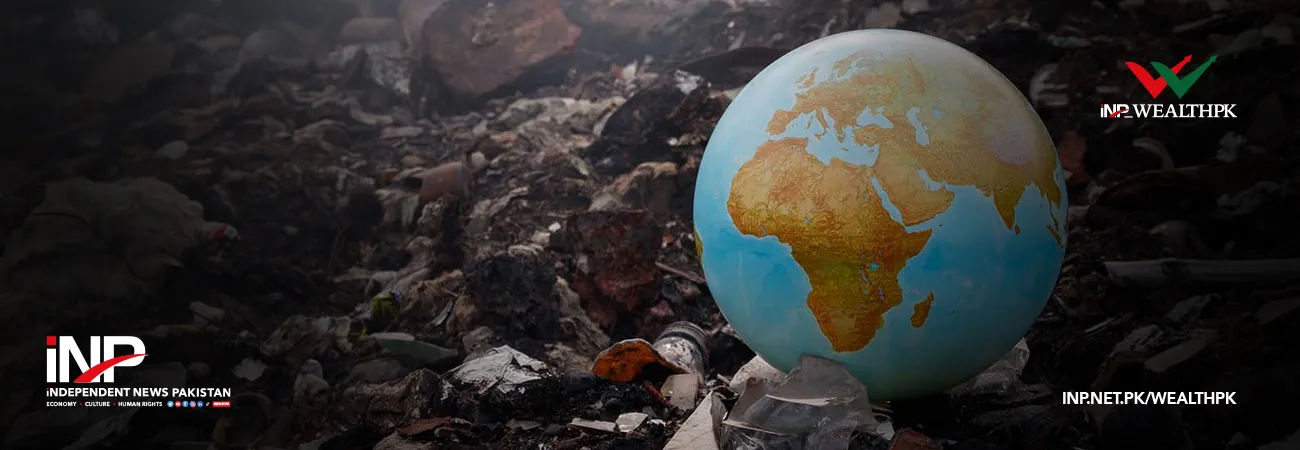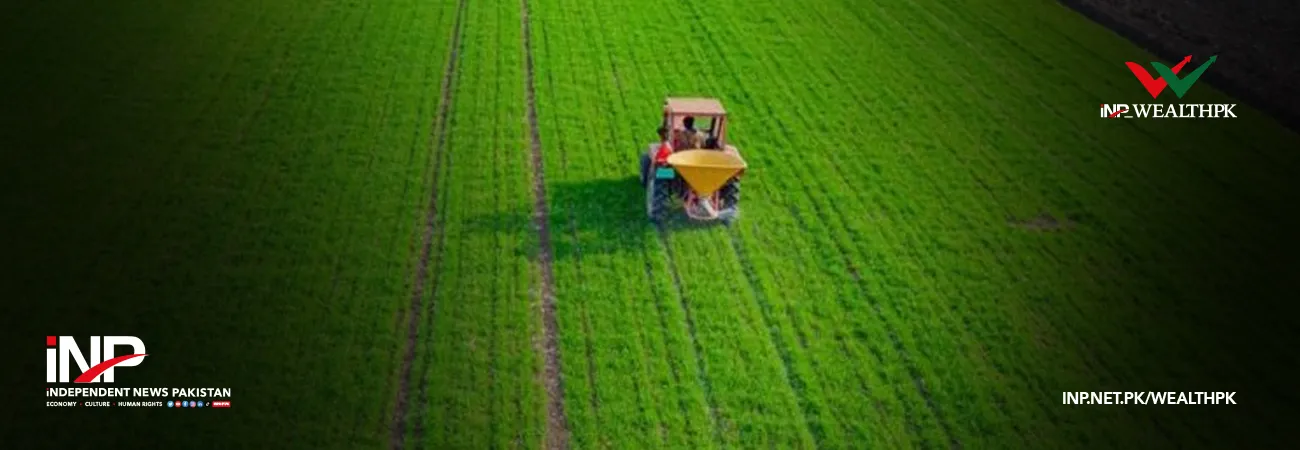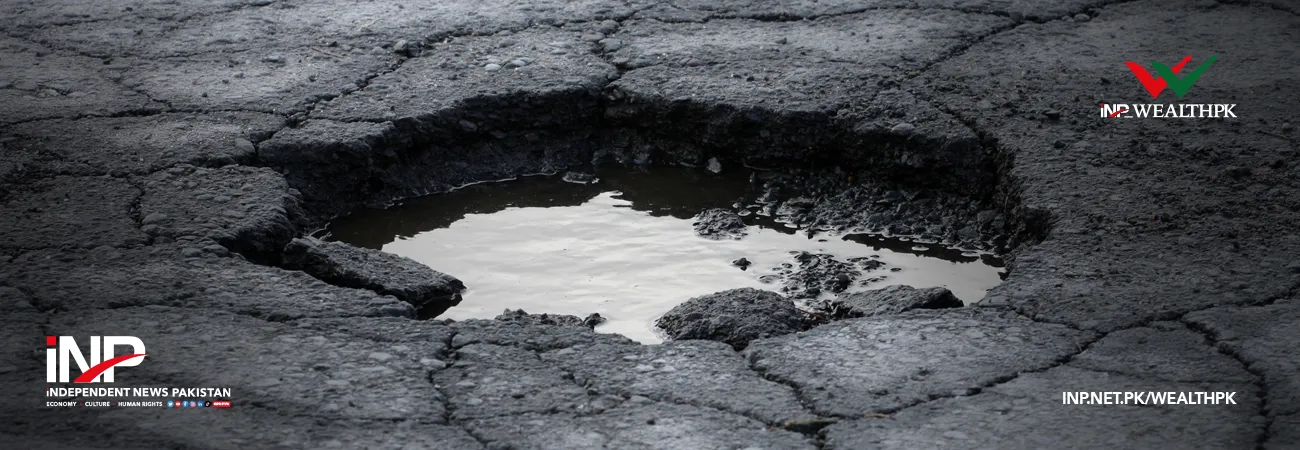INP-WealthPk
Faiza Tehseen
Severe climate impacts in Pakistan are obstructing progress toward achieving the Sustainable Development Goals (SDGs). To mitigate the impacts and build a resilient, net zero, and sustainable future for all, it is necessary to integrate climate change concerns into the national policies at all levels, Muhammad Saleem, media spokesperson for the Ministry of Climate Change and Environmental Coordination (MoCC&EC), said this in an exclusive discussion with WealthPK.

“Pakistan is facing the intense effects of global warming in different forms: erratic weather patterns, increase in the frequency of floods and droughts, loss of biodiversity, depleting freshwater supplies, and changing agricultural means. “Socio-economic life is also disturbed. All these recurring adverse impacts of global warming threaten the country’s efforts toward achieving the SDGs, particularly SDG 13, which calls for urgent action to address climate change.” Pakistan contributes less than one percent of global carbon emissions.
However, it is ranked as the 5th most vulnerable country globally due to the climate change. The country is experiencing severe effects of global warming, which pose significant threats to its socio-economic cycle and achievement of SDGs. Saleem further told WealthPK, “Frequent, prolonged and intensifying droughts and floods disrupt agriculture and threaten food security and livelihoods across the country. The catastrophic climate-induced floods of 2022 caused over US$30 billion in damages.
The socio-economic cost of such disasters is steadily increasing as Pakistan struggles with severe economic challenges, including the rising inflation, high debts, and currency depreciation.” He said there was a dire need to focus on integrating the climate change concerns into the national policies to achieve SDG 13. Social awareness campaign is also important in this regard. It can be done through education, improved institutional capacities for climate change mitigation, and adaptation.
He said, “According to the World Bank’s Climate and Development Report for Pakistan, the country needs $348 billion in climate finance from 2023 to 2030, which will help address the adaptation, mitigation, and resilience needs. However, the available financial resources fall short of resources meeting these needs.” Talking to WealthPK, the ministry spokesperson said despite hurdles, Pakistan had made a notable progress with its limited financial and technical resources.
The Green Pakistan Programme, launched by the Ministry of Climate Change and Environmental Coordination, aims to sequester 149 metric tons (MT) of carbon through reforestation, biodiversity initiatives and protection of critical areas. Additionally, the government’s electric vehicle (EV) policy is set to reduce the emissions, and the renewable energy policy is expected to save 70MT CO² by 2030. He said, “MoCC&EC is actively working on Pakistan’s biennial transparency report (BTR) and Third National Communication (TNC) to fulfil its commitments under the UNFCCC and Paris Agreement.
Efforts are also underway to align Pakistan’s climate goals with the Paris Agreement, with progress on Nationally Determined Contribution (NDC) 3.0. Furthermore, policy guidelines for carbon market trading are near completion, and a national climate finance strategy has been developed to improve resource allocation.” He said climate budget tagging was underway to track climate-related expenditures transparently. A Green Tech Hub has been launched to drive innovation in climate technology.
To mobilize climate finance for resilience-building initiatives, engagements with the CVF-V20, Global Shield, UK Green Compact, and other partners, are paving the way. To consolidate institutional capacity to address climate challenges effectively, the Pakistan Climate Change Authority has also been established. To confront the climate crisis with urgency and determination, Pakistan is fully committed to building a sustainable future for all, added Muhammad Saleem.
Talking to WealthPK, Executive Director Centre for Rural Change, Sindh Muhammad Saleh Mangrio, said, “Pakistan is grappling with the adverse effects of climate change. So, it is not optional but imperative to integrate the climate concerns into the national policies.” He said Pakistan was facing the recurring challenges of an erratic rainfall, glacial melting, heatwaves, severe flooding, and prolonged droughts.
Such events, threaten livelihoods, water resources, food security, agriculture, biodiversity, and compound socio-economic vulnerabilities. A holistic approach is necessary to achieve SDG 13 as a perfect climatic action strategy. By embedding climate resilience into the national policies and practices, Pakistan can safeguard a net-zero future and contribute positively to the global climate action, added Muhammad Saleh.
Credit: INP-WealthPk













